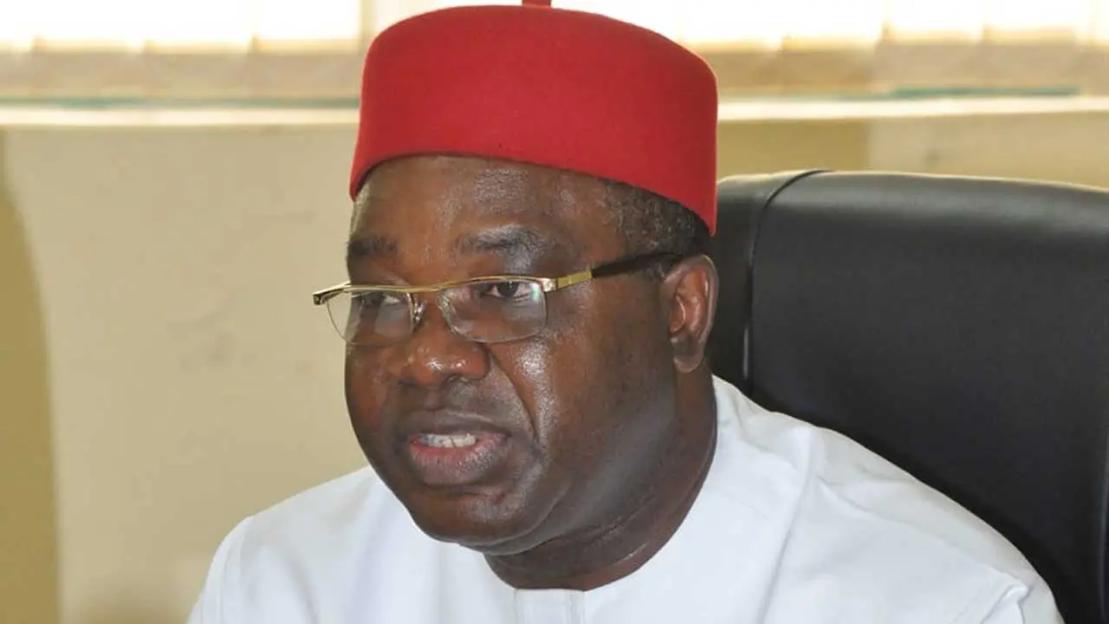Pioneer national chairman of the All Progressives Grand Alliance, APGA and coordinator of the Igbo Agenda Dialogue, Chekwas Okorie, has said there is no excuse for the Igbos to be irrelevant in Nigeria or accept any form of disrespect by any government or section of the country going forward.
Okorie said this at a crucial meeting by the political group in Abuja on Wednesday, adding that from the end of the Nigeria/Biafra war in January 1970, 55 years ago, the Igbo people have endured several hostile policies of subsequent Nigerian military and civilian governments.
“Our seeming lack of political unity, as well as our obvious apathy in active participation in Nigeria’s political process has opened our flanks to avoidable marginalization and ridicule,” he said.
Okorie noted that the Nigerian political structure imposed on the country by military governments after the end of the war carved the country into 36 states and the Federal Capital Territory with the Southeast geopolitical zone allocated 5 states while 4 other geopolitical zones were allocated 6 states each and Northwest geopolitical zone was allocated 7 states.
“The military governments also created 774 Local Government Areas in Nigeria. They allocated 95 Local Government Areas to the South East geo-political zone and 188 Local Government Areas to the North West geo-political zone. We live in a country where this lopsided structure and land mass are factors in the country’s revenue allocation formula,” he added.
“In the boundary adjustments carried out by the military governments that ruled Nigeria before 1999, the Igbo area that existed in the former Eastern Region was balkanized and parts of its oil belt were ceded unilaterally to Akwa Ibom and Rivers States.
“The entire purpose of this imposed structure and balkanization was deliberately targeted at reducing the size of the South East and conceding to the aforementioned states the oil belt that would have accrued increased revenue to Abia and Imo States.
“The reason for highlighting just a few hostile policies and actions of the Federal Government mostly during the military administrations is not to continue the lamentation of marginalisation but to underscore the urgent need to mount a unified political action within the context of the imposed Nigerian Constitution to address these issues ourselves.
“Whereas we cannot by ourselves alter these excruciating lopsidedness of Nigeria’s geopolitical structure, and whereas all attempts by Igbo people of Nigeria and other marginalised ethnic nationalities in the country have been unable to achieve the restructuring of the country through all known collaborative engagements with the Federal Government and the National Assembly since the resumption of democratic government in 1999, let us resolve here and now that we can in the exercise of our democratic rights re-draw the political map of Nigeria starting from the 2027 general election.
“All that it will take to achieve this lofty objective and take our collective destiny in our own hands is to resolve that all eligible Igbo people in Nigeria will participate actively in all future democratic exercises at all levels.
“If we do this with unity of purpose and by the special grace of God, the matter of Igbo marginalisation and disrespect in Nigeria in all its ugly forms will be addressed satisfactorily to the glory of God.”







